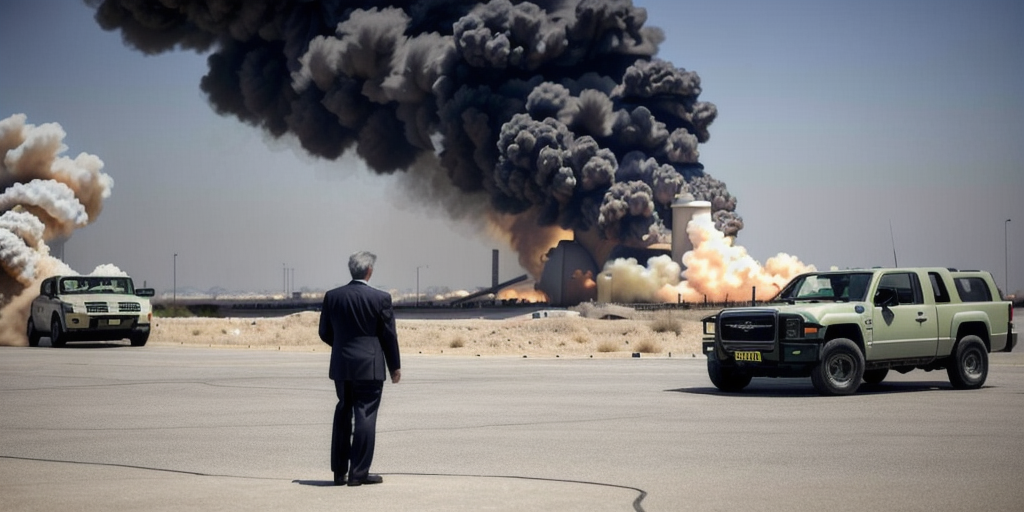
IMF chief warns of broader risks from US strikes on Iran, after oil hits five-month high
How did your country report this? Share your view in the comments.
Diverging Reports Breakdown
IMF chief warns of broader risks from US strikes on Iran, after oil hits five-month high – business live
Crude prices surged over 4%, pushing a barrel of Brent crude to a five-month high of $81.40 per barrel (up 5.7% on the day) But it’s slipped back even before traders in the City of London reached their desks, and is now up 1.7%. Markets will probably shift into “risk off” mode as they await the Iranian response. In the short run, the US “one off“ strike against three Iranian nuclear facilities raises the geopolitical risks in the region to a new level. But in the long run, a severely weakened Iranian regime could turn into a significant positive for the region.
Good morning, and welcome to our rolling coverage of business, the financial markets and the world economy.
The oil price has hit its highest level since January, after the US bombed Iran’s nuclear facilities over the weekend.
Traders are in a largely risk-off mood, as they weigh up the chances of further escalation in the Middle East, and ponder possible Iranian retaliations. But there’s not a full-blown panic in the markets.
There was an early leap in the oil price when the new trading week began; crude prices surged over 4%, pushing a barrel of Brent crude to a five-month high of $81.40 per barrel (up 5.7% on the day).
But… it’s slipped back even before traders in the City of London reached their desks, and is now up 1.7% at $78.32 per barrel.
Yesterday, Iran’s parliament voted to shut down the Strait of Hormuz, though which a fifth of the world’s oil is transported. If it happened, that could create a supply shock that drives up the price of energy, fuelling inflation and hurting growth.
In response, Marco Rubio, the US secretary of state, warned it would be “economic suicide” for Iran to close the Strait, and urged China to sway Tehran on this point.
Rubio told Fox News:
“I encourage the Chinese government in Beijing to call them about that, because they heavily depend on the Straits of Hormuz for their oil.”
Holger Schmieding, chief economist at Berenberg Bank, says the Strait of Hormuz is “the key economic risk to watch”. But, he also argues that a protracted disruption to energy flows in the Gulf region “seems unlikely”, as trying to throttle energy exports would be a high-risk strategy for Tehran.
Schmieding told clients this morning:
For more than two decades, the Iranian regime has sought to destabilise various parts of the Middle East. On its own, a big setback to Iran‘s apparent attempt to acquire nuclear weapons should count as a positive. In the short run, the US “one off“ strike against three Iranian nuclear facilities raises the geopolitical risks in the region to a new level. Markets will probably shift into “risk off” mode as they await the Iranian response. In the long run, however, a severely weakened Iranian regime could turn into a significant positive for the region.
The agenda
Today: UK government to publish its industrial strategy
9am BST: Eurozone flash PMI manufacturing and services survey for June
9.30am BST: UK flash PMI manufacturing survey and services for June
2pm BST: Christine Lagarde testifies to the Committee on Economic and Monetary Affairs of the European Parliament in Brussels
2.45pm BST: US flash PMI manufacturing survey and services for June
